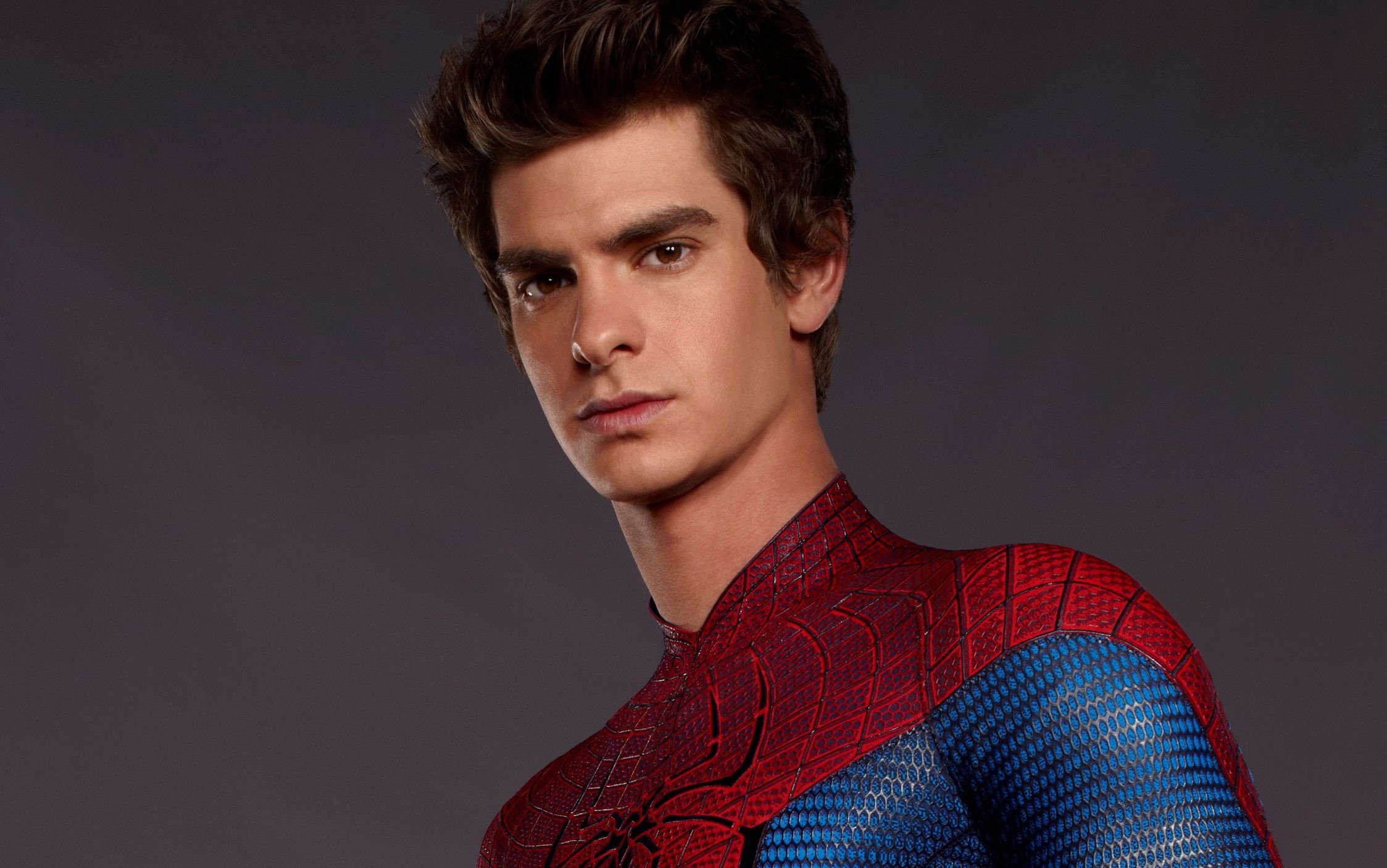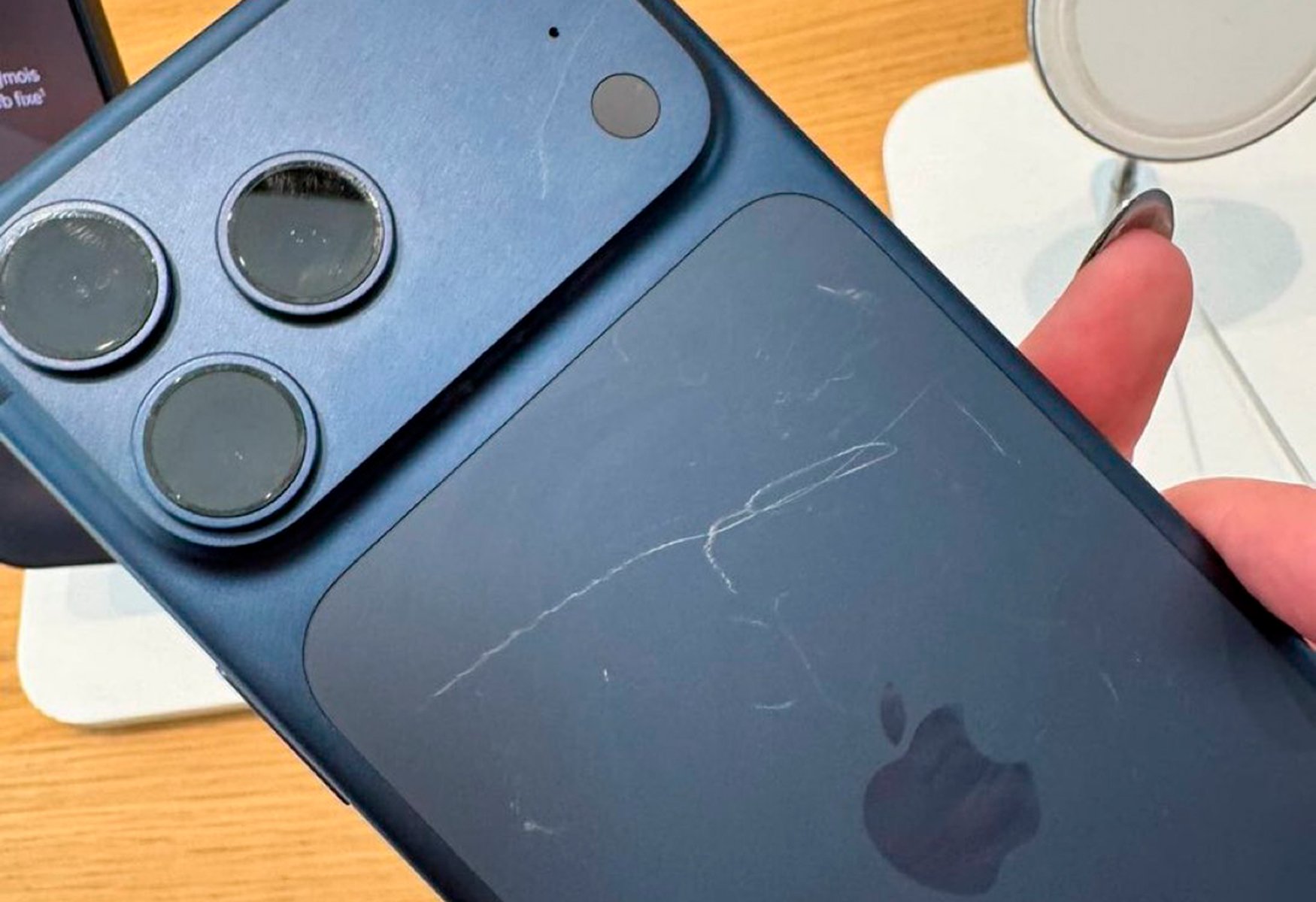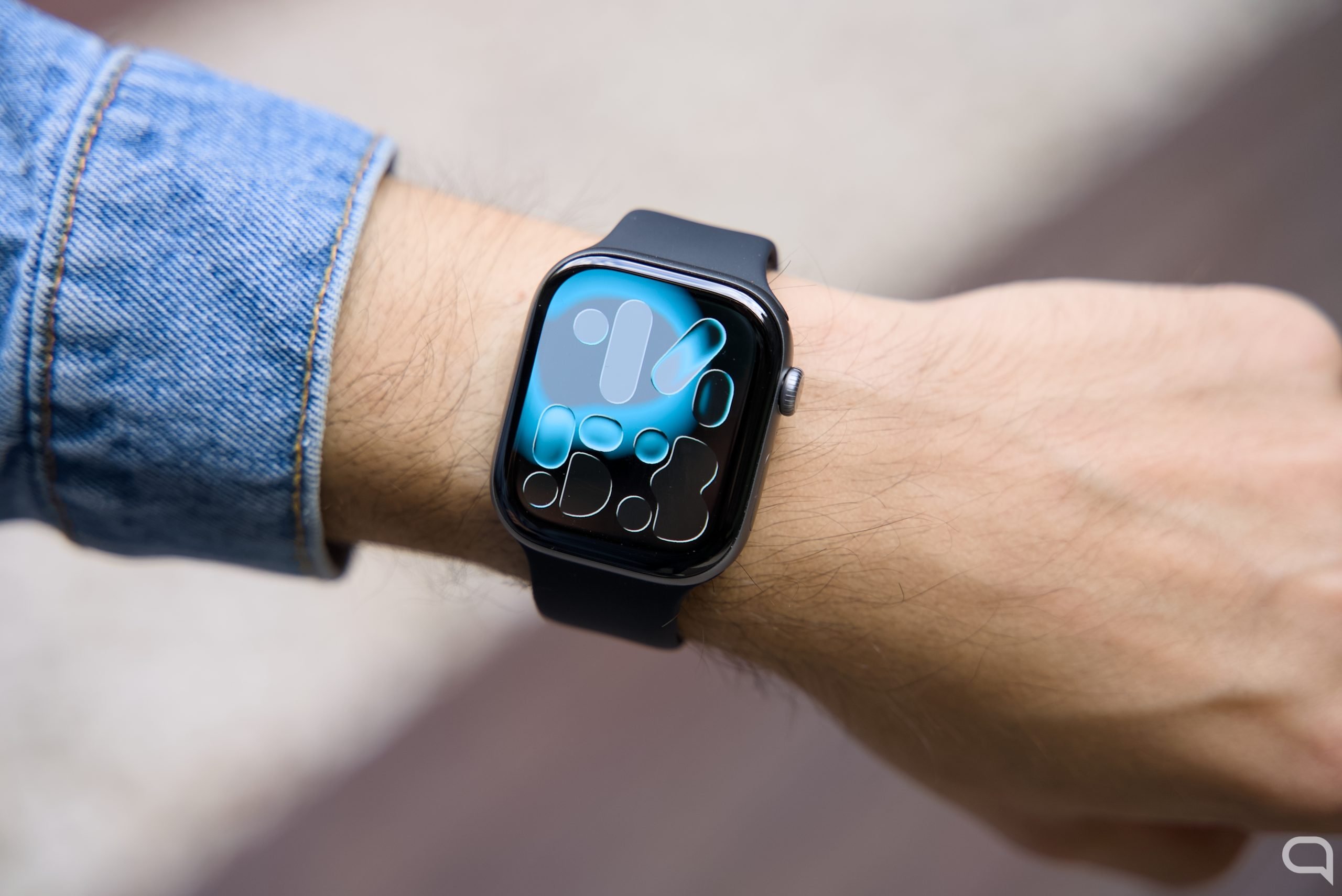There are many applications of artificial intelligence that the United Nations (UN) is already concerned about. The most recent call for attention is related to its implementation in neurotechnology. In particular, with the risk that artificial intelligence chips will be implanted in people. They warn that, for example, there is a potential danger to privacy and the freedom of our thoughts.
Use artificial intelligence “It’s like adding steroids to neurotech.” This was stated by the economist of the United Nations Educational, Scientific and Cultural Organization (UNESCO) Mariagrazia Schicciarini. AFP. This body held a conference in Paris last week to discuss the ethical implications of this technology in the treatment of neurological problems. And it was decided that an urgent regulatory framework was needed.
They don’t exaggerate or get too far ahead of themselves. For example, Elon Musk, the head of Twitter and Tesla, received approval from US authorities in May to begin human trials of brain chips. The tycoon explained that one of his first goals would be restore mobility or vision to patients who need it.
Musk is not the only one. In Switzerland, a man began to walk again after 12 years thanks to brain implants using artificial intelligence. Meanwhile, in Texas, a group of scientists has developed a decoder that can read minds and translate thoughts into a continuous stream of text. And in March, another group at a university in Japan invented another “translator” that turns thoughts into images.
Neurotechnologies can help solve many health problems. “But he could also access and manipulate the human brain. and provide information about our identity and our emotions,” said UNESCO Director-General Audrey Azoulay in a June statement. He added: “It could threaten our rights to human dignity, freedom of thought and privacy.”
UN calls for regulation of artificial intelligence chips
According to a new UNESCO report, investment in neurotech companies has grown by 700% between 2014 and 2021. climbed up $33.2 billion.
Rafael Yuste, a researcher at the National Center for Neurotechnologies of Spain and Columbia University, took part in a study in which they analyzed consumer agreements from 18 leading neurotech companies peace. “The bottom line is that there is a total lack of protection; it’s actually impossible to imagine less brain data protection,” Yuste said during a UNESCO conference last week.
UNESCO has already developed a manual with recommendations on the ethics of artificial intelligence in 2021. The document was accepted 193 Member States. The proposal focuses on four pillars: human rights, guarantees for peace, diversity and inclusiveness, and the environment. UNESCO argues that this could be the starting point for an international legal framework.
The UN also calls for the expansion and diversification of research in the field of neurotechnologies and artificial intelligence. A total of 10 countries produced over 80% of high impact neuroscience publications. And only six own 87% of neurotechnology patents. according to a recent UNESCO publication. Almost half are in the US.
“I felt like someone was in my head”
Hannah was 16 when she developed epilepsy. Her seizures became so severe that her life changed completely. To regain control, he agreed to install a chip in his skull, on the surface of his brain. But the device did not work as expected.
“I still wanted to be a ballet dancer. I would do anything to dance again.”, Hanna said in a testimonial shared by UNESCO. Since the early 2000s, experiments have been conducted with devices that emit an alarm when they detect that an epileptic seizure is imminent. The purpose of this signal is for the patient to lie down on a bed or sofa. This way you can avoid serious injury.
Hanna had another out-of-body device with three lights. If they called and flashed red, a seizure will soon occur. But Hannah had over 100 seizures a day. And instead of helping him, the artifact became another obstacle. “My device beeped every two seconds… It bored me in college. I felt like there was someone in my head and it wasn’t me,” he explained.
UNESCO presented this case as an example of the cost that some experimentation with neurotechnologies can have on a patient. “Some who have participated in clinical trials report a loss of personal identity and autonomy that can be deeply disturbing.” selected organization. They emphasize that such aspects should be taken into account in the regulatory framework.

The path to international regulation
UNESCO is pushing the call, which the UN has been making for months, for international regulation of artificial intelligence. One was led by UN Secretary-General António Guterres, who in June supported the creation of a world monitoring body along the lines of the International Atomic Energy Agency (IAEA).
Although the creation of such an organization would be in line with the States, Guterres’ office has already announced the creation senior adviser to solve the problems associated with the development of this technology. It will be in place before the end of the year and will provide guidance on governance arrangements.
This week the conversation will escalate into the UN Security Council.. The body will hold its first formal discussion on artificial intelligence on Tuesday, led by the UK. In accordance with Reuters British Foreign Secretary James Cleverley will advocate for international dialogue on its impact on peace and security around the world.
Source: Hiper Textual













